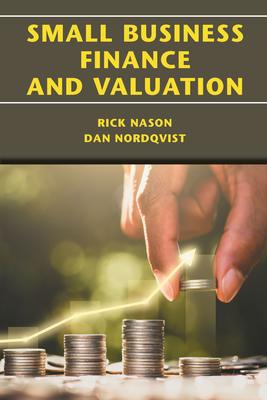Practice for Chapter 01 International Financial Management on Sppose tGeBritain is a major expot market for your firm, a U.S, based MNC. If the British pound depenciates against the U.S dollac. Al Your fimn charge more in dollar terms while keeping pound prices stable. B)Your may be prced out ofthe UK market, to the extent that your dollar costs stay constant and your pound prices will rise C. Toprotect UK maket shre, ywr fm may have to cut the dollar price ofyour goods to keep the pound price the same Dj. b) and c) are both correct (2) Most govemments at least try to make it difficult for people to cross their borders illegally. This barrier to the free movement of labor is an example of A). lnfomation asymmetry B). Political risks C). Foreign exchange risks D). A marcet imperfiection (03) Free trade is supported by A). Thoory of mercantilist B). Thoory of comparative advantage 0 Theory of trimma D). Theory of optimum currency areas common monetary policy for the curo zone is now formulated by A). The International Monetary Fund Organization B). The Bank of International Settlement C). The World Bank D). Eurosystems (05). Liberalization of international trade will A). enhances the welfare of the world's citizens B). creates unemployment and displacement of workers permanently C). results in higher prices in the long run as monopolist are able to charge higher prices after eliminating their competitors D). all of the above are wrong (06). Regarding to privatization, which of the following statement is not correct A). Has spurred a tremendous increase in cross-border investment. B). Has increased the international investment C). Has guaranteed that new ownership will be limited to the local citizens. D). Has increased the efficiency of enterprises (07). Advantages of a dominant currency should not include: A). Deficits without tears B). Bearing the exchange change risks C). Being an invoice currency D). Being a reserve currency nay: What theory supports free trade during recent 50 years? Please explain why it happens? (15%) Practice for Chapter 01 International Financial Management on Sppose tGeBritain is a major expot market for your firm, a U.S, based MNC. If the British pound depenciates against the U.S dollac. Al Your fimn charge more in dollar terms while keeping pound prices stable. B)Your may be prced out ofthe UK market, to the extent that your dollar costs stay constant and your pound prices will rise C. Toprotect UK maket shre, ywr fm may have to cut the dollar price ofyour goods to keep the pound price the same Dj. b) and c) are both correct (2) Most govemments at least try to make it difficult for people to cross their borders illegally. This barrier to the free movement of labor is an example of A). lnfomation asymmetry B). Political risks C). Foreign exchange risks D). A marcet imperfiection (03) Free trade is supported by A). Thoory of mercantilist B). Thoory of comparative advantage 0 Theory of trimma D). Theory of optimum currency areas common monetary policy for the curo zone is now formulated by A). The International Monetary Fund Organization B). The Bank of International Settlement C). The World Bank D). Eurosystems (05). Liberalization of international trade will A). enhances the welfare of the world's citizens B). creates unemployment and displacement of workers permanently C). results in higher prices in the long run as monopolist are able to charge higher prices after eliminating their competitors D). all of the above are wrong (06). Regarding to privatization, which of the following statement is not correct A). Has spurred a tremendous increase in cross-border investment. B). Has increased the international investment C). Has guaranteed that new ownership will be limited to the local citizens. D). Has increased the efficiency of enterprises (07). Advantages of a dominant currency should not include: A). Deficits without tears B). Bearing the exchange change risks C). Being an invoice currency D). Being a reserve currency nay: What theory supports free trade during recent 50 years? Please explain why it happens? (15%)







